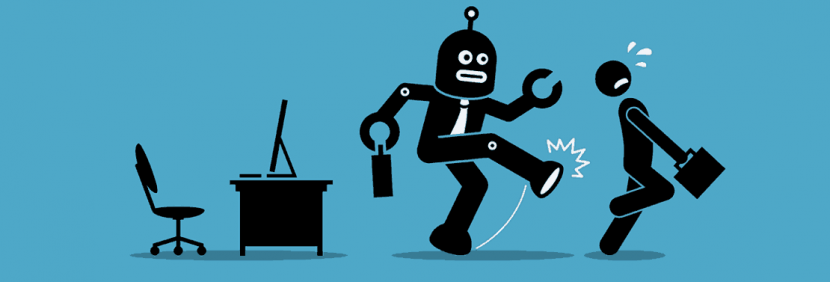The future has always had an exciting ring to it. For generations we have looked into the future with hope and awe. Who doesn’t remember Marty McFly and the Doc getting into the DeLorean and landing in 2015. Flying cars, self lacing Nikes and holograms! (weirdly enough they still were using fax machines…)
‘Back to the Future 2’, ‘Star Wars’, ‘2001 Space Odyssey’, and many other films showcase marvelous achievements of humankind. In many ways the future we envisioned since last century is already here and in many ways it is awesome. The question is whether it is awesome and hopeful for all people.
The question is whether the future is awesome and hopeful for all people.
The rise of nationalism and growing discontent among the working class and the persistence of poverty and hunger in the world are troubling signs. Add climate change, environmental degradation and rampant income inequality – you have a recipe for disaster. Not to be alarming, but these are no small issues. It is not like the great depression where sound macro and monetary policy alone can get us out of this mess. We need much more… we would need a global agreement that is wholistic and that focuses on wellbeing, as opposed to just material growth. Also, we need a pact that ensures the survival of our species by safe guarding our atmosphere and biodiversity of the planet. We need sustainable development.
The future is not awesome for billions of people.
All these things sound remote and utopic? Well we do have the UN Sustainable Development Goals, The Paris Agreement and many Multilateral Environmental Agreements including the Convention on Biological Diversity which provide consensus and pathways to solving all of these paramount issues. There is one issue though at there core of social discontent which is yet to be addressed in a tangible way though – the future of work.
Technological development has been marvelous. Microeconomic theory rightly points to a dynamic where the more capital increases in firms, so does productivity of labor. This of course accompanied by the theory of specialization of labor. The advent of machine-human synergies has confirmed these theories. The troubling thing is that while productivity has been rising exponentially over time, wages have been stagnated since 1960 (in the US when adjusted for inflation). Hence growing inequalities and discontent within the working classes. This means the future has not been that great for the vast majority of people in the labor market. Not to mention people living under the poverty line and/or unemployed.
AI is disrupting the fundamentals of microeconomic theory.
This is not going to get better without some major restructuring of our economic models and theories. In fact some of the fundamentals of microeconomic theory are being put to question. Complete automation for example, defies the principle of labor productivity in the sense that labor is no longer part of the equation. If you think I am exaggerating, just ask yourself this question – what will happen when artificial intelligence and machine learning can take over your (and million other’s) job…?
Is universal basic income the answer? Will a robot tax be enough to pay for this? If so what will be people do with their time? These are questions that remain to be answered. Tell us your thoughts! Want to learn more about the future of work? check out this short documentary by Vice News ->


